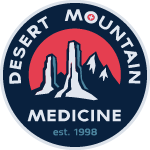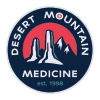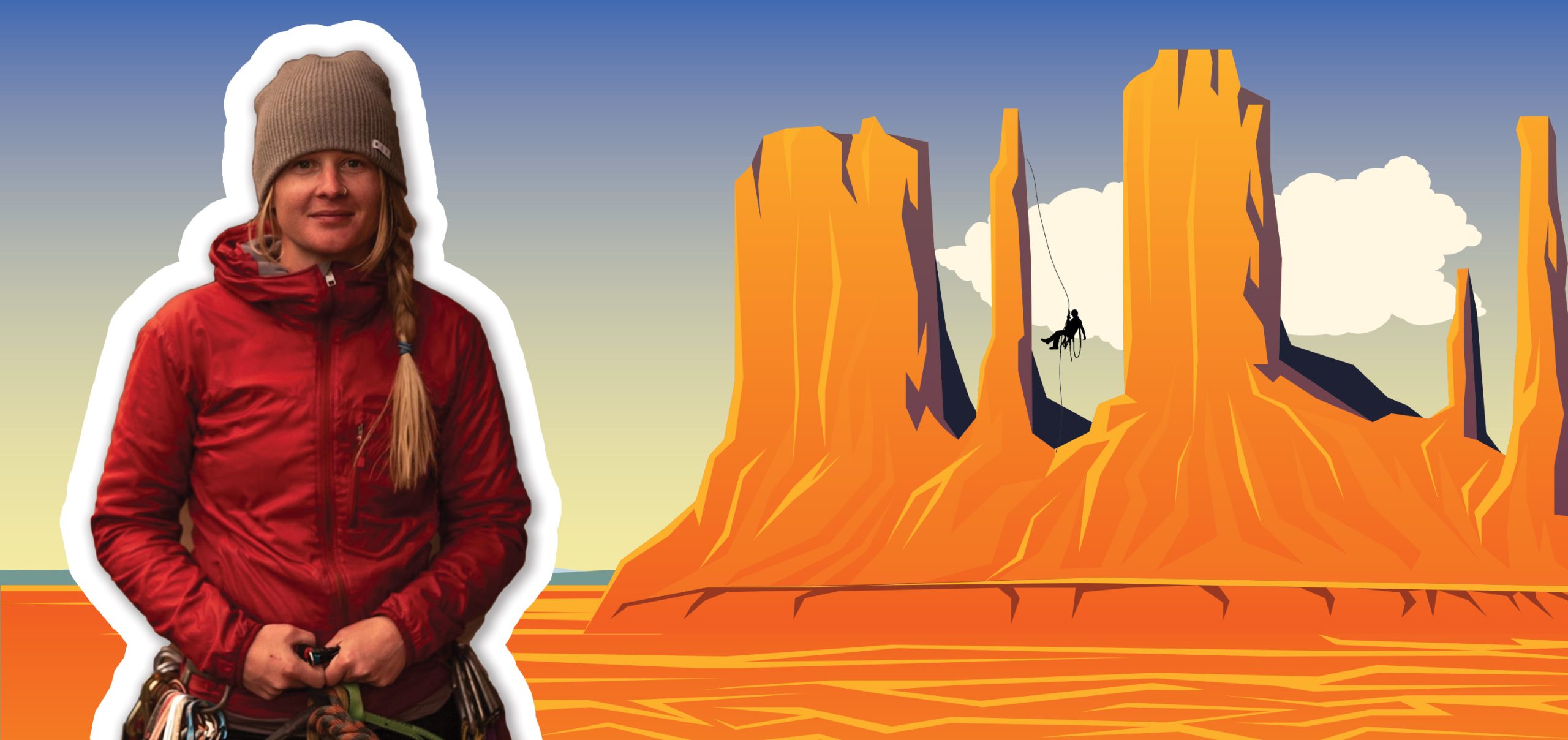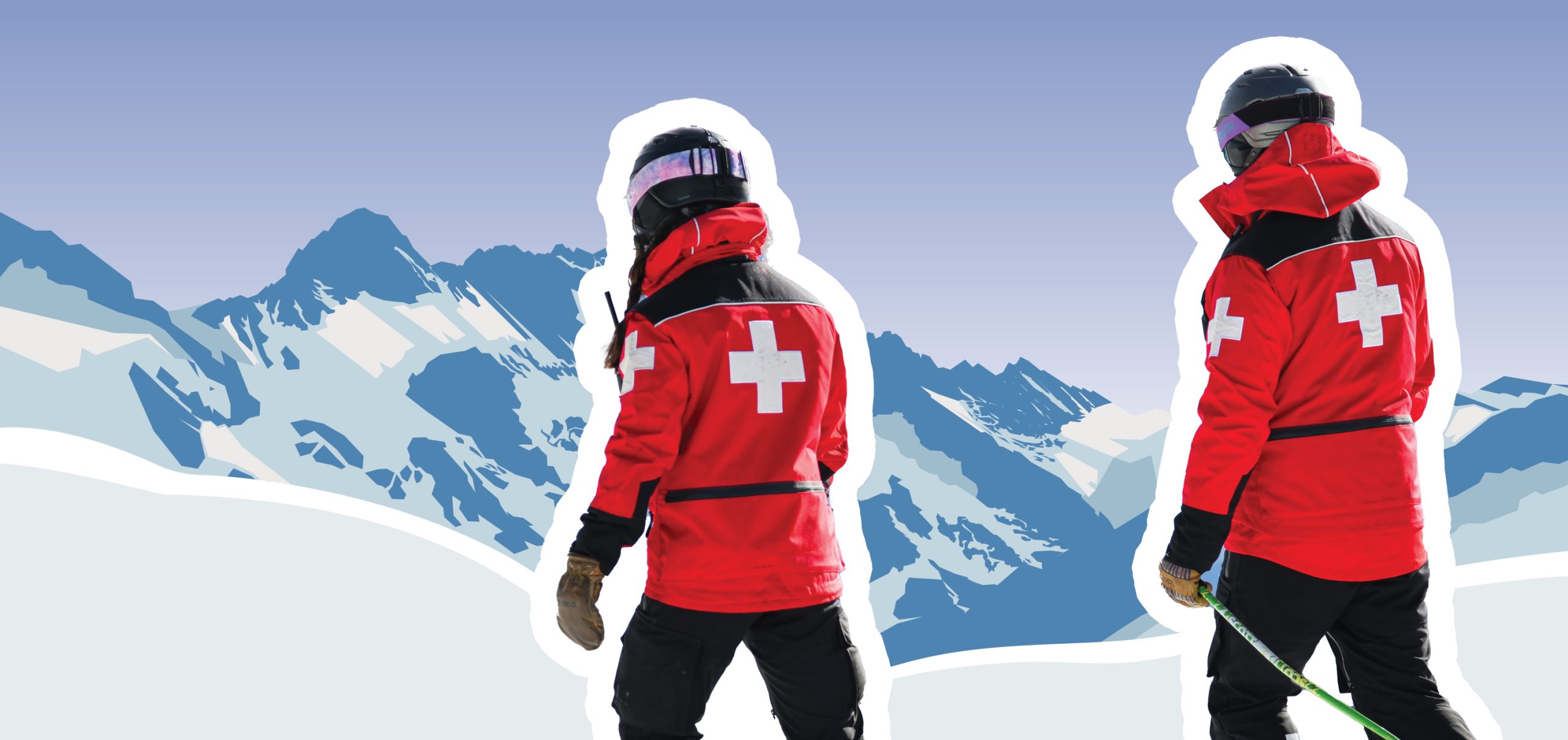Essential Eligibility Criteria
Desert Mountain Medicine students learn experientially through innovative, hands-on learning in an indoor and outdoor classroom environment. This educational experience fosters critical thinking skills, teamwork, and environmental stewardship. In order to participate, each student must be capable of meeting personal and group responsibilities. The essential eligibility criteria is designed to outline the information needed for course participation and allow students to objectively evaluate their own ability to make sound, safe, and fair decisions while on course. Decisions pertaining to participant eligibility are evaluated and made by the administrative team within Desert Mountain Medicine. Possible accommodations may be made by clearly communicating students needs early.
Each student must be able to meet the following criteria:
- Ability to complete 30 hours of online learning using a laptop or desktop computer utilizing up to date software, if taking a hybrid learning course.
- Ability to stay alert and focused for eight to ten hours per day in a classroom for 2 days (WFA), 4 days (WAFA), 5-8 days (WFR), 2-3 days (WRC).
- Ability to focus for several hours at a time while performing patient care in individual and group scenarios.
- Ability to perform tasks related to patient assessment including palpating for injuries, log rolling, listening to subjective clues, and perceiving objective behaviors while on uneven terrain kneeling in crowded spaces.
- Ability to remain hydrated, fed, and adequately dressed in outdoor classroom environments.
- Ability to wear personal protective equipment during the course as outlined by DMM protocols.
- Ability to travel short distances independently and as a group over rough and uneven terrain during inclement weather. Students may opt out of this requirement if unable to complete safely.
-
Ability to respond appropriately to simulated medical scenarios under stress in a classroom setting in darkness.
-
Ability to lift 30 pounds using proper back mechanics while assisting in litter carrying short distances over uneven, rough terrain during inclement weather. Students may opt out of this requirement if unable to complete safely.
-
Ability to follow and perceive both verbal and non-verbal cues given by patients during medical scenarios.
-
Work effectively as a member of the team despite potentially stressful and difficult conditions. This requires problem solving on an interpersonal level and a willingness to accept differences within a group.
-
Ability to practice leave no trace (LNT) etiquette while on course.
-
If taking prescription medications, have the ability to self administer the proper dosage at the correct time of day during the course.
-
Ability to communicate to the instructor team regarding learning and physical disabilities so that a personalized course plan can be formulated.
-
Ability to maintain a safe learning environment free of sexual harassment or abuse of any kind.
-
Display acceptance, tolerance, and compassion towards all.
-
Ability to remain open and willing to interact with unfamiliar cultures.




